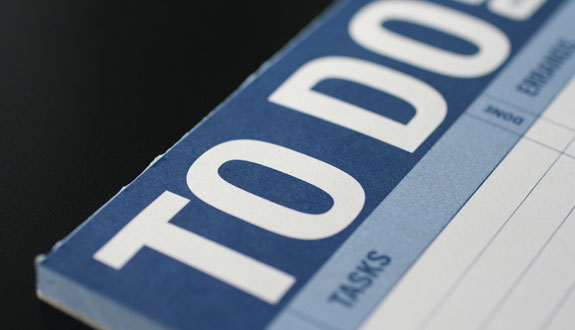Full-length tests should only be part of your study schedule. You should take one after you have a decent level of familiarity with the test and it’s sections to develop a baseline score on which to improve. You should take one every 2 weeks or so if you have a 3-5 month study schedule, to measure improvement. And, during the last phases of your prep, you should be doing full-length tests more often to gain the rhythm and stamina you’ll need on test day.
However, there’s a certain art to making a ½ day commitment bear more fruit than a simple diagnostic score.
- Add an experimental section. You should add a fifth section to more fully simulate the experience of test day. Pick the section on which you most need to improve, and slot it in the first three sections (the most likely spot to see the experimental section on a real test). Then, flip a coin to see which section you score (hold a high-excitement coin-flip playoff if you have 3 logical reasoning sections).
- Take the test in a public place. There are a host of distractions that can and will be present at your test center. If you’ve been doing most of your studying in a sensory-deprivation environment, it’s time to start simulating some distraction. No need to do this at a bazaar – just do it in the public study space of a library.
- Take the whole test, uninterrupted, with only a 10-15 minute break between sections 3 and 4.
What you do with the results of the test is at least as important as how you take the test itself. After the test:
- Review each question you missed, in detail. You should know definitively why you missed a particular question before you move on from it.
- Consider your pacing. Did you run out of time? Why? Did you get stuck on a question that is too difficult? Did you mis-prioritize RC passages? Pacing is incredibly important on the day of the test; if you’re running out of time, you need to know why.
- Understand problem question types. You should already have an idea of how you are doing on each question type (weaken questions, etc.). Make sure there aren’t question types that pop up as unexpected problems. If so, it might make sense to reconsider your strategy.
Next Step Test Preparation provides complete courses of one-on-one tutoring with an LSAT expert for less than the price of a commercial prep course. Email us or call 888-530-NEXT (6398) for a complimentary consultation.



